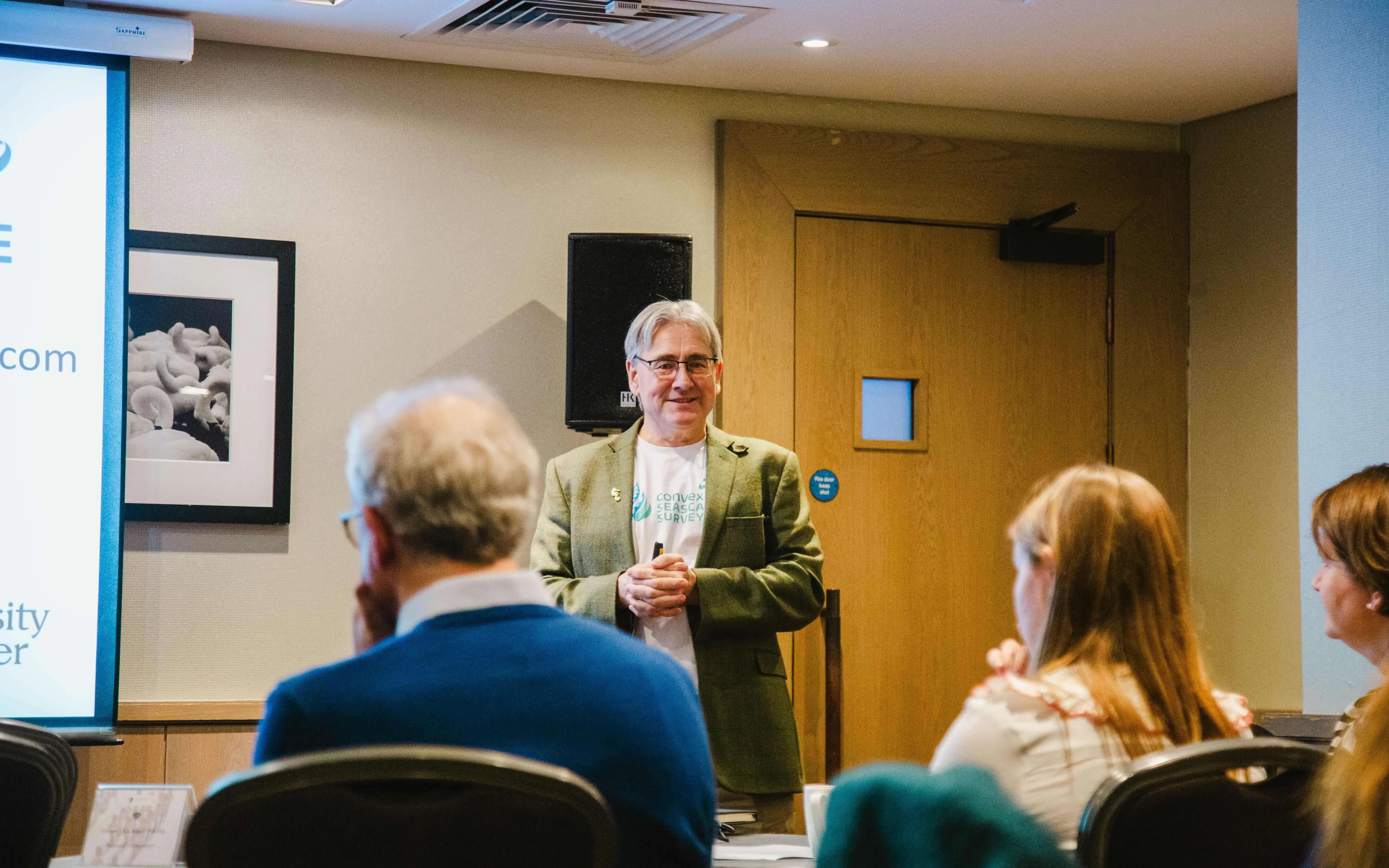
In this interview, marine conservation expert Professor Callum Roberts calls for a total ban on extractive activities in the high seas. He explains the urgent environmental threats and why permanent protection is crucial.
You’re calling for a total and permanent ban on all extractive activities in the high seas. Where are the high seas and what is going on there? The high seas are international waters of the ocean that lie outside the 200 nautical mile limits of national jurisdiction. They are rich in highly migratory wildlife, including tunas, sharks, whales, turtles and seabirds. Since the 1990s they have been managed by the international community as the Common Heritage of Humankind under the United Nations Convention on the Law of the Sea. But that management has been generally weak, ineffective and incomplete, leading to overfishing, decline and collapse of many fisheries, as well as huge collateral damage to wildlife and habitats.
Why now? What has changed to make this call urgent?
The scale and speed of damage we’re seeing in the high seas has reached a critical point. Climate change is warming and deoxygenating these waters, while industrial fishing and proposed mining threaten what’s left. We now understand that the high seas play a vital role in climate stability. Delay is no longer an option. We must act before changes become irreversible.
What are the key threats currently facing the high seas if we don’t act quickly?
Fishing has been moving deeper over the course of decades, penetrating regions of great sensitivity and vulnerability. If we fail to intervene, we risk collapsing fragile deep-sea ecosystems, furthering biodiversity loss and weakening the ocean’s ability to absorb carbon. Deep-sea mining for mineral deposits on the seabed represents another looming threat. It hasn’t yet begun commercially, but proposals are being rushed through without proper scrutiny or oversight. These activities together could destabilise Earth’s biosphere.
The already published article highlights how the high seas are central to the global carbon system. Could you explain how they work as a carbon sink, and why this function is at risk?
The high seas are the planet’s largest carbon sink. Through daily vertical migrations, billions of deep-sea organisms like fish and crustaceans transfer carbon from the surface to the depths. This “biological pump” helps regulate the climate. Disrupting these migrations through overfishing or mining risks weakening this process, which could lead to significantly higher atmospheric CO₂ levels.
Only 6% of the global fish catch comes from the high seas, and most of it goes to wealthy nations. What does this mean for global equity, especially for food security and economic fairness?
The high seas primarily benefit a handful of countries with the resources to exploit them, often supported by government subsidies. Most of the world gains little from high-seas fishing. Most of the species we catch in the high seas are migratory and can also be taken from national waters near coasts. It we fish them in national waters, the benefits are spread to a far greater number of low- and middle-income nations that can more effectively manage fishing with less illegality and fewer human rights abuses than on the high seas.
Supporters of deep-sea mining argue it's essential for green technologies. How do you respond to claims that it’s necessary for the energy transition?
That claim doesn’t hold up. We already have sufficient terrestrial sources of critical minerals, and alternative technologies are emerging that require fewer of them. Deep-sea mining is high-risk, with unmanageable environmental impacts and no realistic way to repair the damage. It’s not a green solution, it’s a gamble we can’t afford.
You compare this proposal to the protection of Antarctica. What are the main parallels, and what lessons can we draw from that example?
In the 1950s, the world came together to protect Antarctica for peace and science. It was a visionary move at the time, and it worked. We’re at a similar crossroads now. The high seas are just as ecologically important and politically complex. But if we can build consensus, permanent protection is achievable.
The UN High Seas Treaty was a major breakthrough in 2023. What role do you see it playing in this process, and does it go far enough?
The treaty is an essential step. It creates a legal mechanism to establish marine protected areas beyond national borders. But ratification has yet to happen, and implementation will take years. We can’t rely on it alone; we need political leadership and public pressure to accelerate action and aim higher.
Some may argue that a complete ban on extraction is politically or economically unrealistic. What would you say to that? Are there signs of momentum or support that could shift the dial?
That’s what people said about protecting Antarctica too. The reality is, we can’t afford business as usual. The environmental cost is too high. Support is growing: 37 countries now back a moratorium on deep-sea mining, and the science is clear. We just need enough political will to make it happen.
From your work in marine conservation, what changes have you seen when extractive industries are excluded from protected ocean areas? What evidence gives you hope?
I’ve seen remarkable recoveries, from fish populations rebounding to ecosystems restoring themselves faster than expected. In areas fully closed to extraction, we see greater biodiversity, more biomass and reproduction, spilling benefits into nearby fished zones. These results show that protection works, and works fast.
What can national governments or members of the public do now to support the call for full protection of the high seas?
Governments can ratify the High Seas Treaty and support ambitious targets at global biodiversity talks. They can also stop subsidising high-seas fishing and oppose deep-sea mining. For the public, speak up. Pressure your representatives, support organisations working on this, and spread awareness. Collective action makes a difference.
Looking ahead, what excites you most about the future of ocean conservation if measures like this are adopted?
The chance to protect one of the last truly wild places on Earth. If we succeed, future generations will inherit an ocean that is richer, more resilient and teeming with life. It’s a hopeful vision, and within reach if we act now.


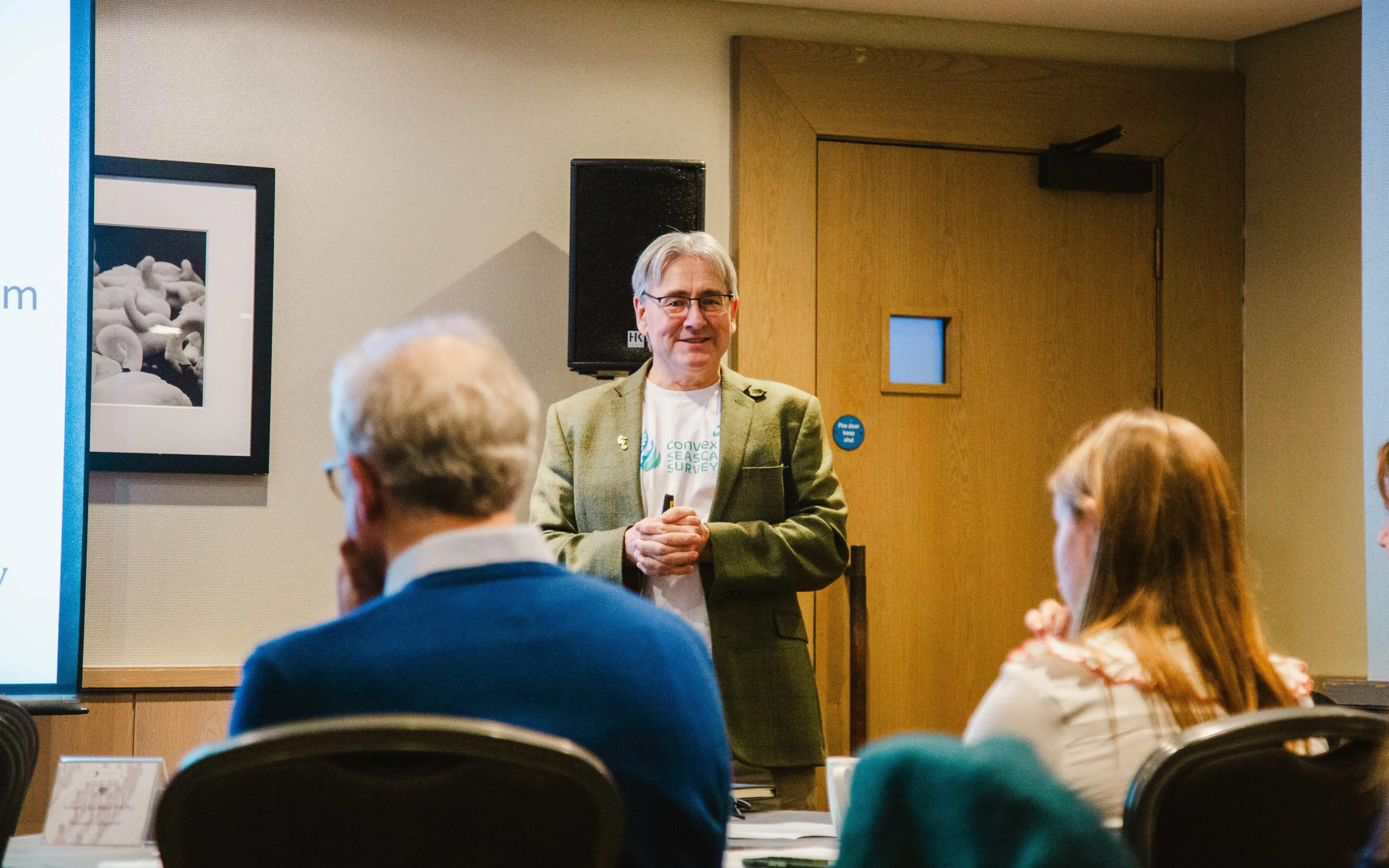
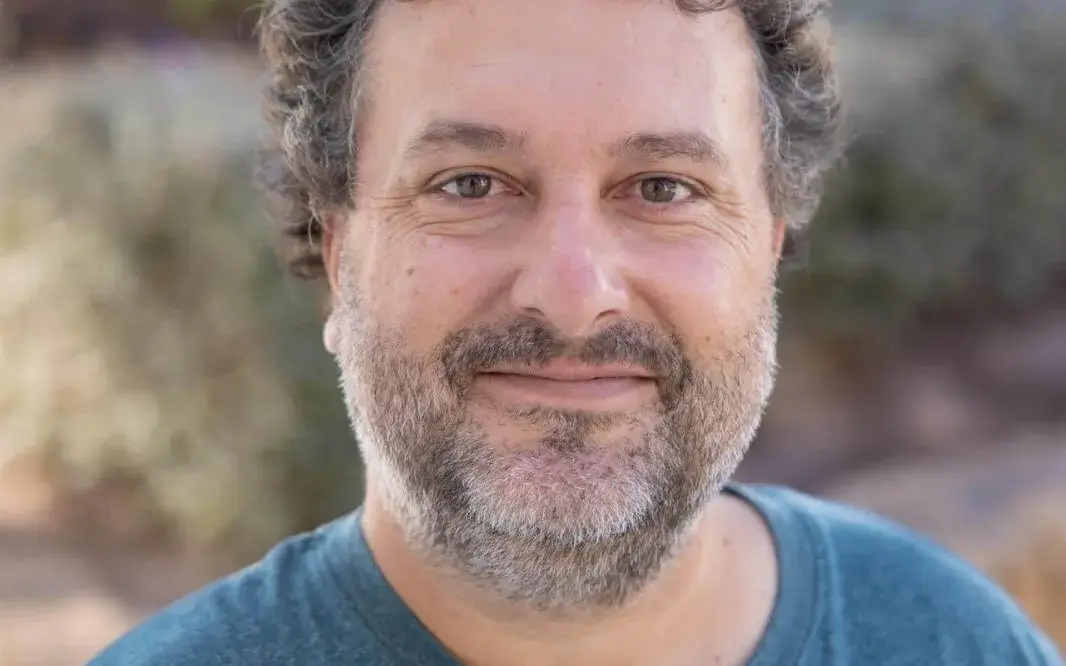
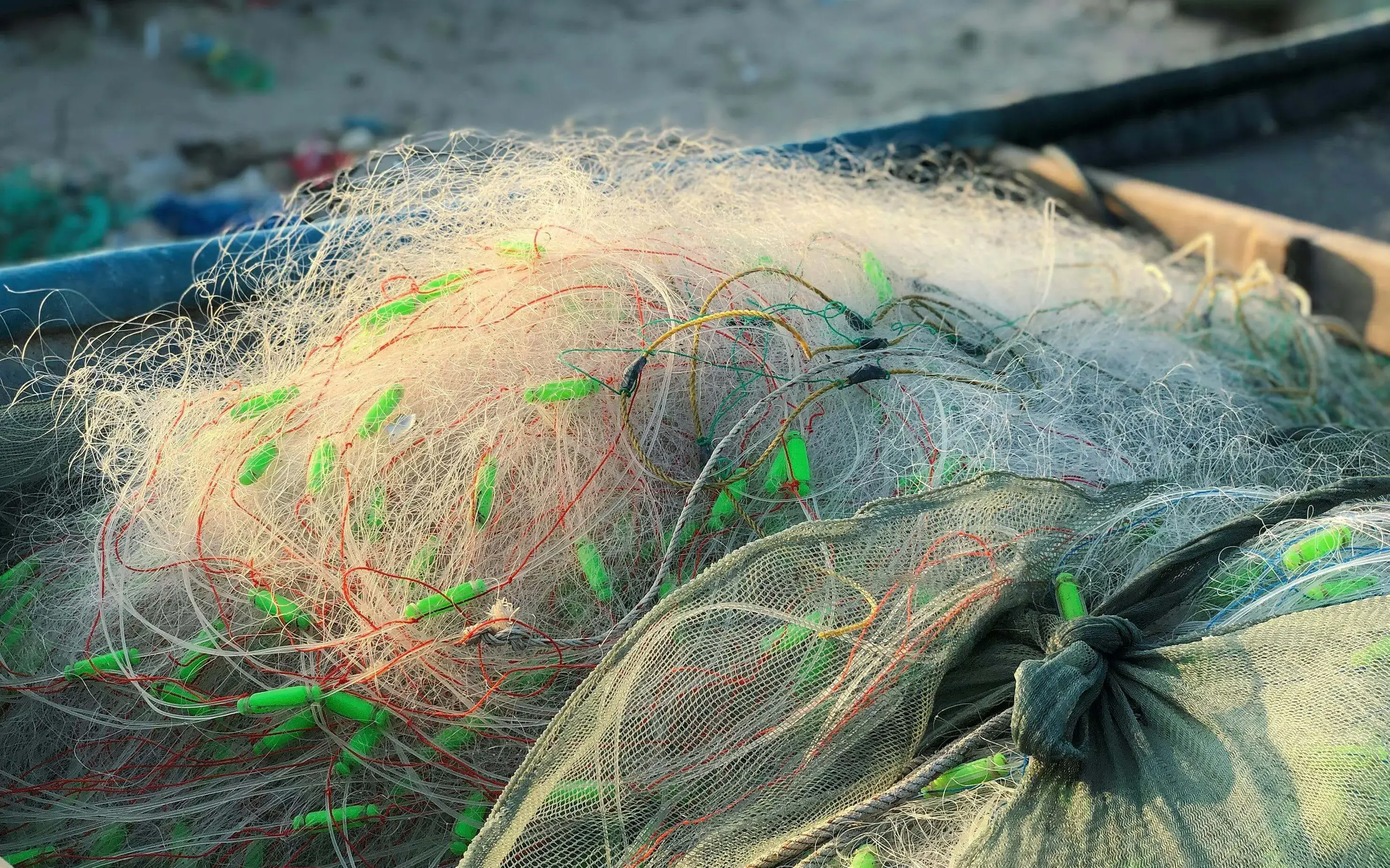
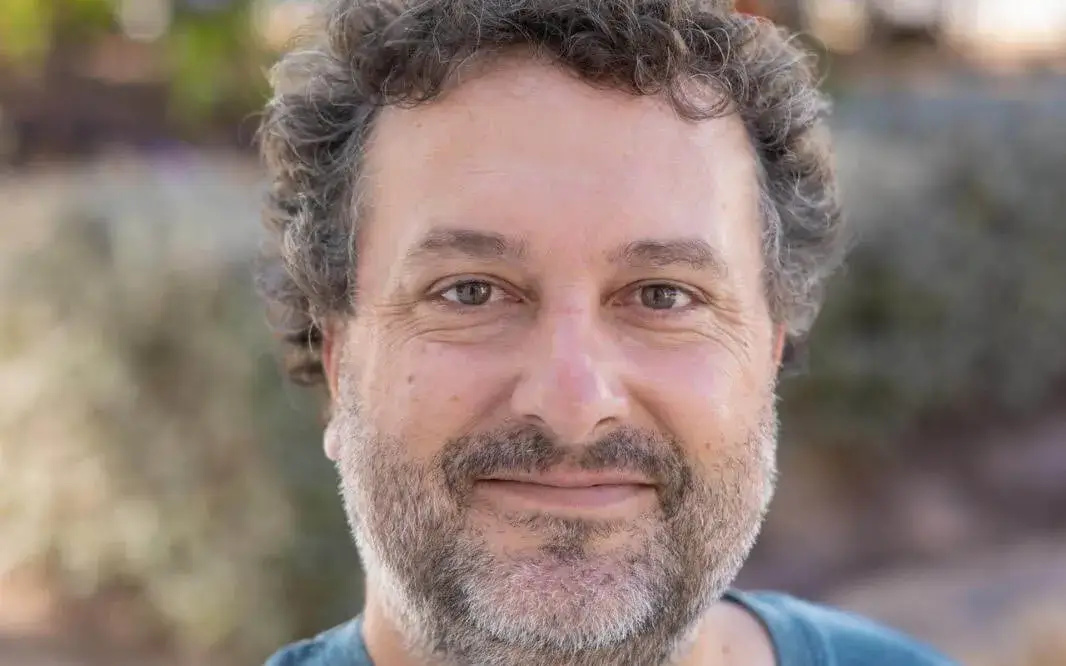
Add new comment